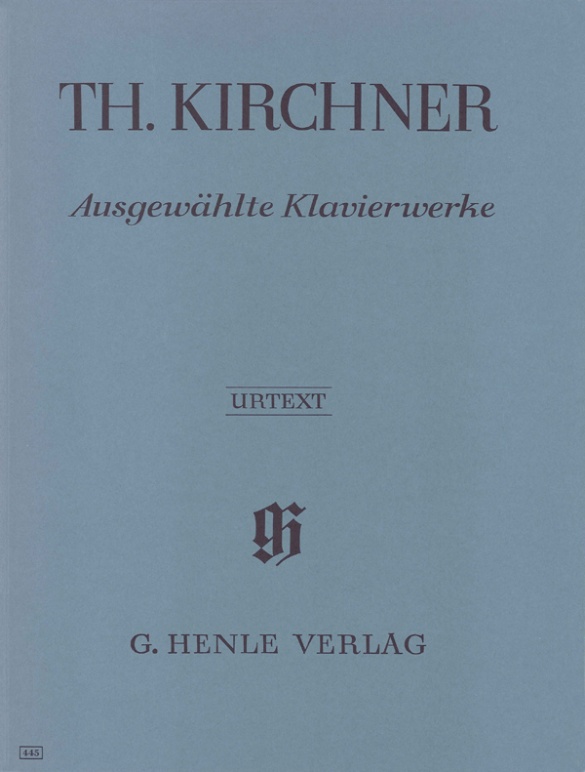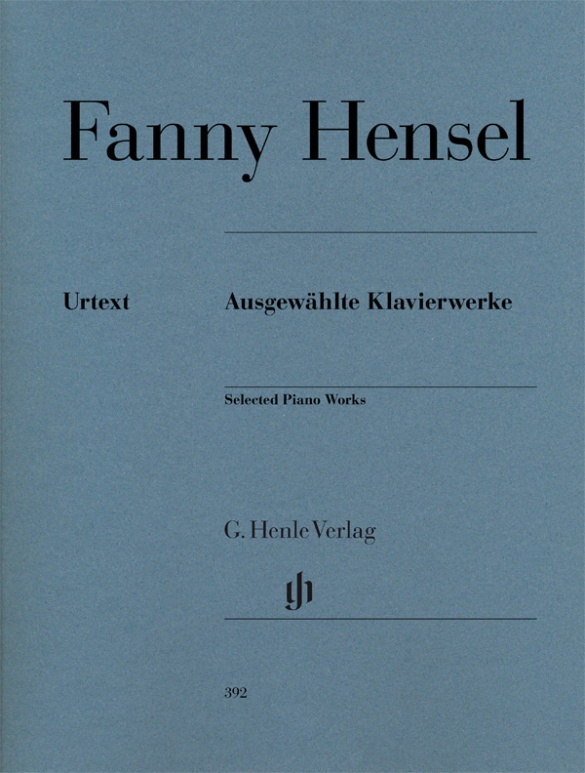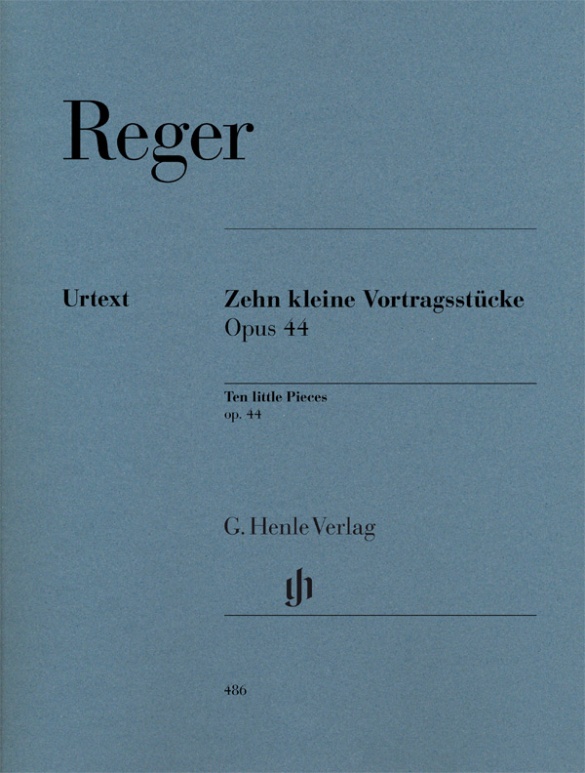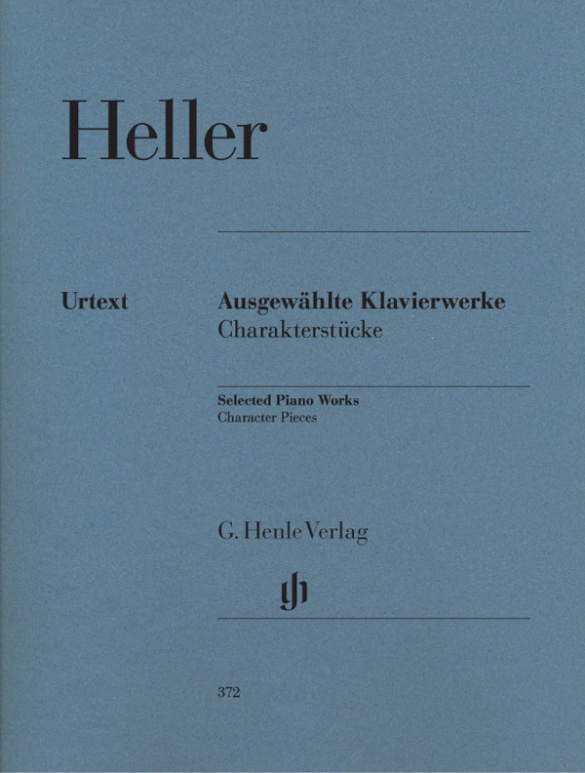Theodor Kirchner
Selected Piano Works
Theodor Kirchner was a successful pianist, pedagogue and composer in Leipzig, Dresden, Zurich, Winterthur and Hamburg. His very extensive output includes works for piano, organ, chamber music and choir. To the very end, Kirchner remained a master of the piano miniature in the tradition of Mendelssohn and Schumann, with characteristic work-titles such as “Album leaf” (op. 7), “Night pictures” (op. 25) and “In quiet hours” (op. 56). His waltzes, polonaises and mazurkas are also worth playing and hearing. This anthology, in customary Urtext quality with 34 piano pieces from all phases of Kirchner’s life, is an outstanding starting point for mastering the works of this German romantic.
Content/Details
About the Composer
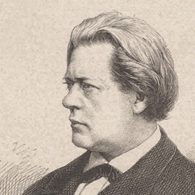
Theodor Kirchner
A German composer, pianist, and organist of the Romantic period. He composed over 1,000 works for piano; his lyrical character pieces are distinguished by their intimacy, unusual modulations, and polyphony. During his lifetime he counted Brahms, Mendelssohn, and Schumann among his supporters, and Clara Schumann included his pieces in her concert repertoire. Aside from piano literature, he wrote songs, organ works, and chamber music, and made many transcriptions of others’ works.
About the Authors

Ernst Herttrich (Editor)
From 1970 to 1990 he was an editor at G. Henle Publishers in Munich, after which he was Head of the Beethoven Complete Edition for over 15 years. In 1999 he took over as Head of the Beethoven-Haus Publishers, and from 2001 was made Head of the Beethoven-Archiv, the research centre at the Beethoven-Haus.
He has been a visiting professor at Meiji Gakuin University in Tokyo and has undertaken several lecture tours both there and to Kyoto. His research interests include source studies, editorial techniques and music history. Herttrich’s publicat
Product Safety Informations (GPSR)

G. Henle Verlag
Here you can find the information about the manufacturer of the product.G. Henle Verlag e.K.
Forstenrieder Allee 122
81476 München
Germany
info@henle.de
www.henle.com
recommendations
autogenerated_cross_selling
Further editions of this title
Further editions of this title


